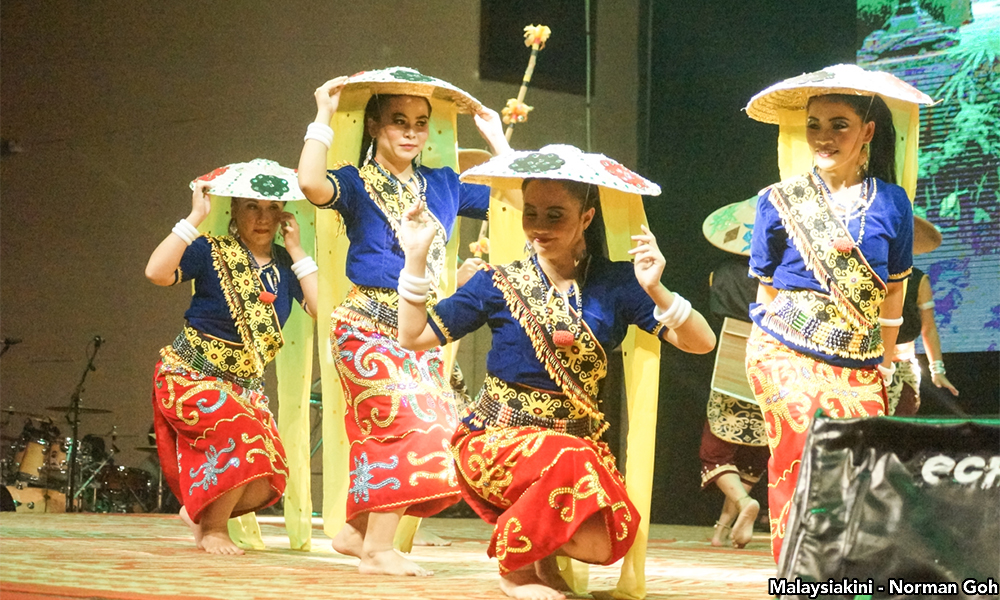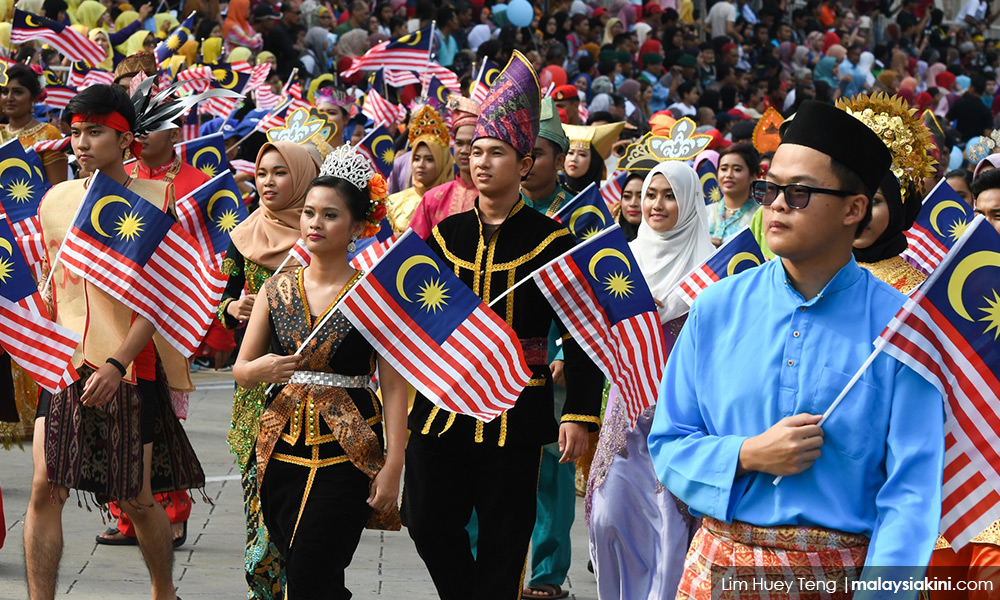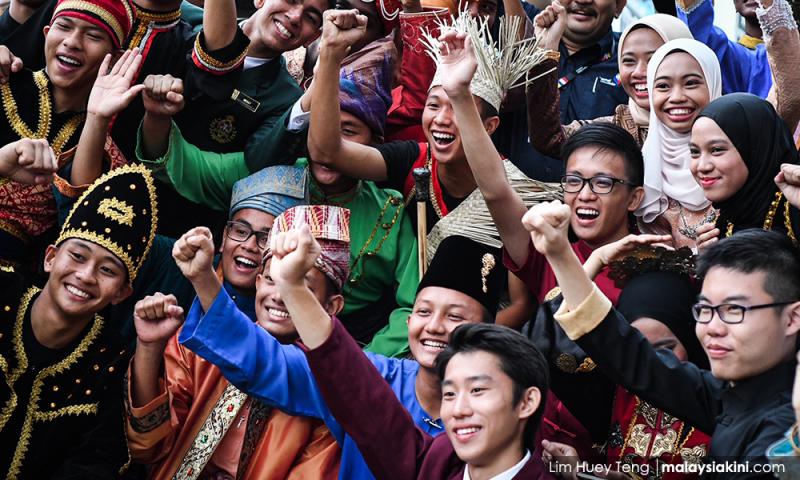LETTER | Multilingualism is Malaysia’s ‘superpower’
LETTER | You see, I came from Yemen, a monolingual country. It’s monolingual because we are also a mono-cultural country.
We are all Arabs, so everyone speaks Arabic. In fact, our neighbouring countries speak the same language too.
Thus, we exhibit a high degree of homogeneity as we share the same language, culture, identity, race and (almost) the same religion.
It amazed me when I first set foot in Malaysia in 2017: people were not just ethnically different, but they spoke different languages too.
While some do speak other languages, and some don’t; yet they all live harmoniously in the same country. This strange phenomenon quickly turns into admiration.
The country’s history may not be smooth sailing between the different ethnicities, but overall, this country has enjoyed harmony for most of its history.

Malaysia's ethnic and cultural diversity has definitely contributed to its vibrant and dynamic society. People in Malaysia could navigate through daily life seamlessly, weaving threads of language proficiency into the fabric of their culture and identity.
This proficiency allows them to communicate easily and effectively, both verbally and nonverbally, across ethnic and cultural boundaries - breaking down linguistic barriers and promoting intercultural dialogue.
Such a colourful linguistic landscape is absent in my country and is replaced by complete homogeneity. As a result, people find it challenging to communicate with others who speak other languages.
Moreover, they usually miss out on job opportunities that require language proficiency. In some cases, they may feel left out, as they may struggle to participate in conversations or activities conducted in languages they don't understand.
Since they depend on others’ translations, they usually lack a deep understanding and access to different cultures.
That is why Malaysians must count their blessings because they don’t have to face the same challenges that mono-cultural individuals face, especially when going abroad.
Multilingualism allows them to access information from various sources and communicate with a broader range of people, both locally and globally.

Malaysians are really privileged to live in a society where multilingualism is not a challenge but a source of pride and strength.
Switching effortlessly between languages enables them to transmit their rich heritage beyond their national borders and access a wider range of literature, music, films and other forms of artistic expression.
Dear Malaysians, keep on learning new languages because you are adept at them. In this globalised world, language and culture are closely intertwined, and the world is becoming more interconnected via technology.
This multilingualism should become your strength to develop outstanding personal growth and fight for a better future.
And now I know what to ask in my next class: “How about we learn Arabic today to add to your ‘arsenal of languages’ to face the future?
Writer is a lecturer at the Department of English Language, Faculty of Languages and Linguistics, Universiti Malaya.
The views expressed here are those of the author/contributor and do not necessarily represent the views of Malaysiakini.
RM12.50 / month
- Unlimited access to award-winning journalism
- Comment and share your opinions on all our articles
- Gift interesting stories to your friends
- Tax deductable
